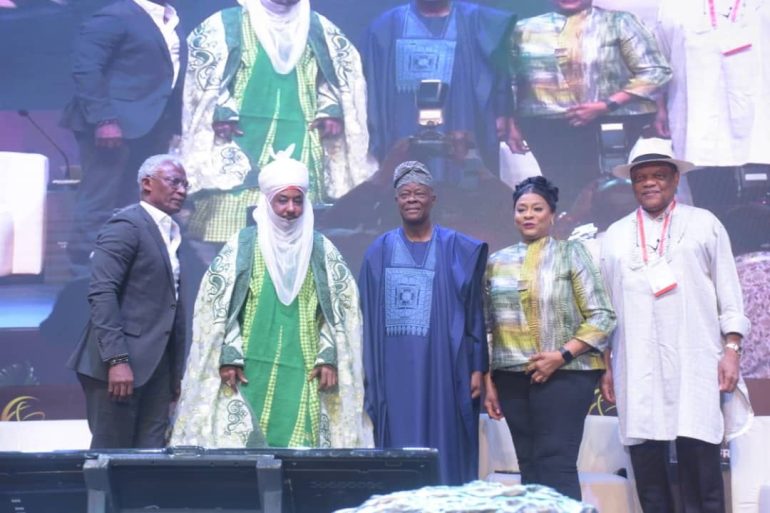Listeners:
Top listeners:
-
play_arrow
104.9FM Best rock music demo
-
play_arrow
Demo Radio Nr.1 For New Music And All The Hits!
-
play_arrow
Demo Radio Techno Top Music Radio
-
 play_arrow
play_arrow
Police Commissioner Launches Weapon and Riot Control Training for FCT Officers Democracy Radio
Social Protection: 15 Million Households to Benefit from FG’s Economic Reforms

By Oluwakemi Kindness
Minister of Finance and Coordinating Minister of the Economy, Wale Edun, has reassured Nigerians that 15 million households will benefit directly from the Federal Government’s economic reforms aimed at easing hardship and promoting inclusive growth.
Speaking at the Oxford Global Think Tank Leadership Conference in Abuja, Edun said the government had established a digital payment system to deliver support transparently to the poor and vulnerable.
“Each beneficiary is identified by name and national identity number. Payments are made digitally—either to their bank accounts or mobile wallets,” he explained.

The minister added that the government would soon release data showing beneficiaries of the first, second, and third tranches of payments.
He also announced a ward-based development programme designed to channel resources directly to Nigeria’s 8,809 wards, supporting small businesses and local entrepreneurs to build sustainable livelihoods.
“Our goal is to stabilize the economy and ensure that the benefits reach right down to the grassroots,” Edun stated.
He further commended Nigerian youth for embracing values such as empathy, integrity, and responsibility, describing them as key to building a new generation of transformative leaders.
Former SEC Director-General and Oxford Global Think Tank founder, Arunma Oteh, urged the government to mobilize long-term capital and increase infrastructure investment to at least 12% of GDP, up from the current 4–5%.
“If we want to bridge our infrastructure gap, we must raise investment and diversify our economy through mineral development,” she said, noting that Nigeria has over 40 underutilized minerals.

Also speaking, Emir of Kano and former CBN Governor, Sanusi Lamido Sanusi, said Nigeria’s current economic hardship was the result of delayed fuel subsidy removal.
“If we had removed it in 2012, inflation would have risen slightly and stabilized. Now it’s above 30%. This is the cost of delay,” he said.
Sanusi described the past subsidy arrangement as an “open-ended hedge” that led the country into borrowing to fund consumption, warning that economic recovery depends on consistency and sound policy.
He commended the current CBN Governor, Olayemi Cardoso, for focusing on stability and restoring monetary discipline.
Written by: Toyeebaht Aremu
#Arunma Oteh #DemocracyRadio #Sanusi Lamido Sanusi #Wale Edun
Similar posts
Copyright Democracy Radio -2024


